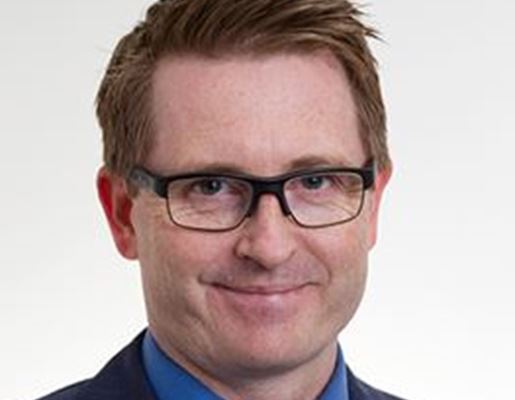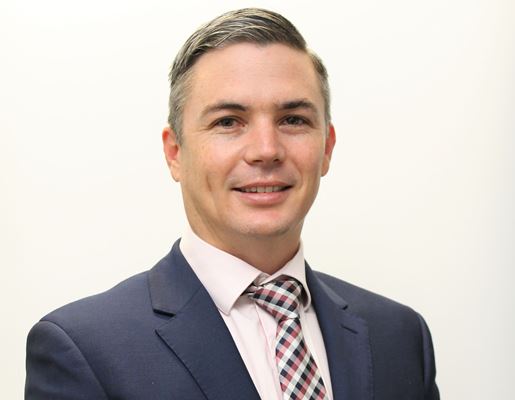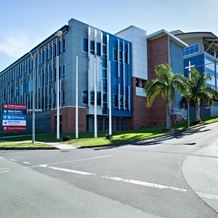Spotlight on the diagnosis and treatment of prostate cancer
- Home
- Patient News
- Spotlight on the diagnosis and treatment of prostate cancer
Prostate cancer is now Australia’s most commonly diagnosed cancer, affecting one in five men with more than 24,000 men predicted to be diagnosed with the disease in 2022. The number of men receiving surgery for prostate cancer is also on the rise with recent Medicare data showing surgeries for prostate cancer in Queensland have increased from 830 in 2017/2018 to 1,424 in 2021/2022.

Urologist at St Vincent’s Private Hospital Northside, Dr Jamie Reynolds attributes this rise in part to more men being proactive about their prostate health.
“Increased awareness of prostate cancer in the community through social media platforms is likely contributing to more men seeing their GPs for PSA testing,” Dr Reynolds said.
Highly experienced in the management of prostate cancer and robot-assisted surgery, Dr Reynolds also believes updates to guidelines and reference ranges for PSA testing are playing a role.
“With the release of the 'Clinical Practice Guidelines on PSA testing' and the lowering of the 'normal' PSA reference range with some laboratories, one would also expect an increase in the number of men diagnosed with prostate cancer in the future, a proportion of which will be eligible for radical surgery.”
Dr Jamie Reynolds - Urologist
While the number of men being diagnosed with prostate cancer may be increasing, advances in technology and treatments are improving patient outcomes.
Dr David Hussey has seen this firsthand. The founding member of St Vincent’s Private Hospital Northside’s Urology Service, he diagnosed the hospital’s first case of prostate cancer 21 years ago and says the introduction of technology such as the prostate MRI has been a game changer when it comes to diagnosis.
“Prostate MRI has been the most important development I have seen in my career with respect to the diagnosis of prostate cancer,” he said. “In the past we performed random biopsies of the whole prostate but with MRI, we can target lesions in the prostate that are more likely to contain prostate cancer.”
With respect to treatment for prostate cancer, Dr Hussey said he’s witnessed a complete reversal in attitudes from specialists.

“Twenty years ago, we would perform radical prostatectomy on low grade prostate cancer but now we observe them. And the aggressive prostate cancers are treated aggressively with multimodal treatment rather than adopting an attitude that there is no chance of cure”
Dr David Hussey - Urologist

For patients who do require surgical treatment for prostate cancer, robot-assisted technology has greatly improved outcomes. Urologist at St Vincent’s Private Hospital Northside, Dr William Bowes recently performed the hospital’s 1000th robotic surgery case, a robotic-assisted prostatectomy.
A urologist committed to providing comprehensive patient-centred care that employs up-to-date minimally invasive treatment, he said the technology leads to fewer complications.
“In the case of a robotic-assisted prostatectomy, this technology means fewer complications, quicker recovery, shorter stay in hospital and faster return to work when compared to an open radical prostatectomy,” said Dr Bowes. “There’s also less pain and it allows for more accurate dissection which means better functional preservation of continence and erectile function.”
Dr William Bowes - Urologist
Here at St Vincent’s Private Hospital Northside, our Urology Service is comprised of a multidisciplinary team, including highly experienced urologists, nurses, allied health, and a nurse practitioner who work together to offer a holistic range of services to diagnose, treat and manage patients with prostate cancer.




